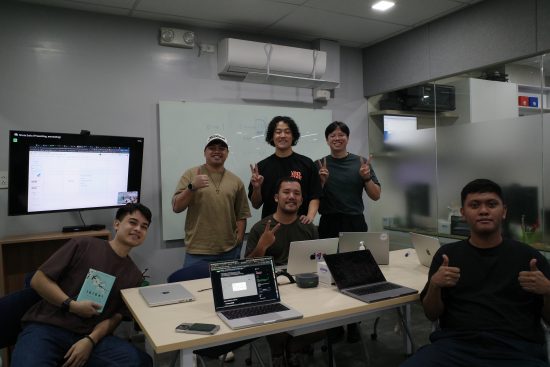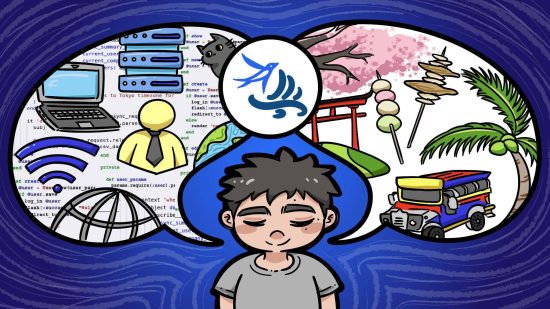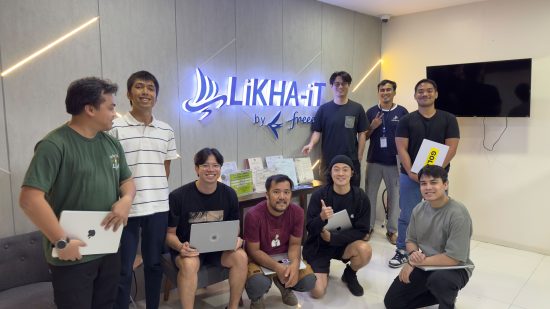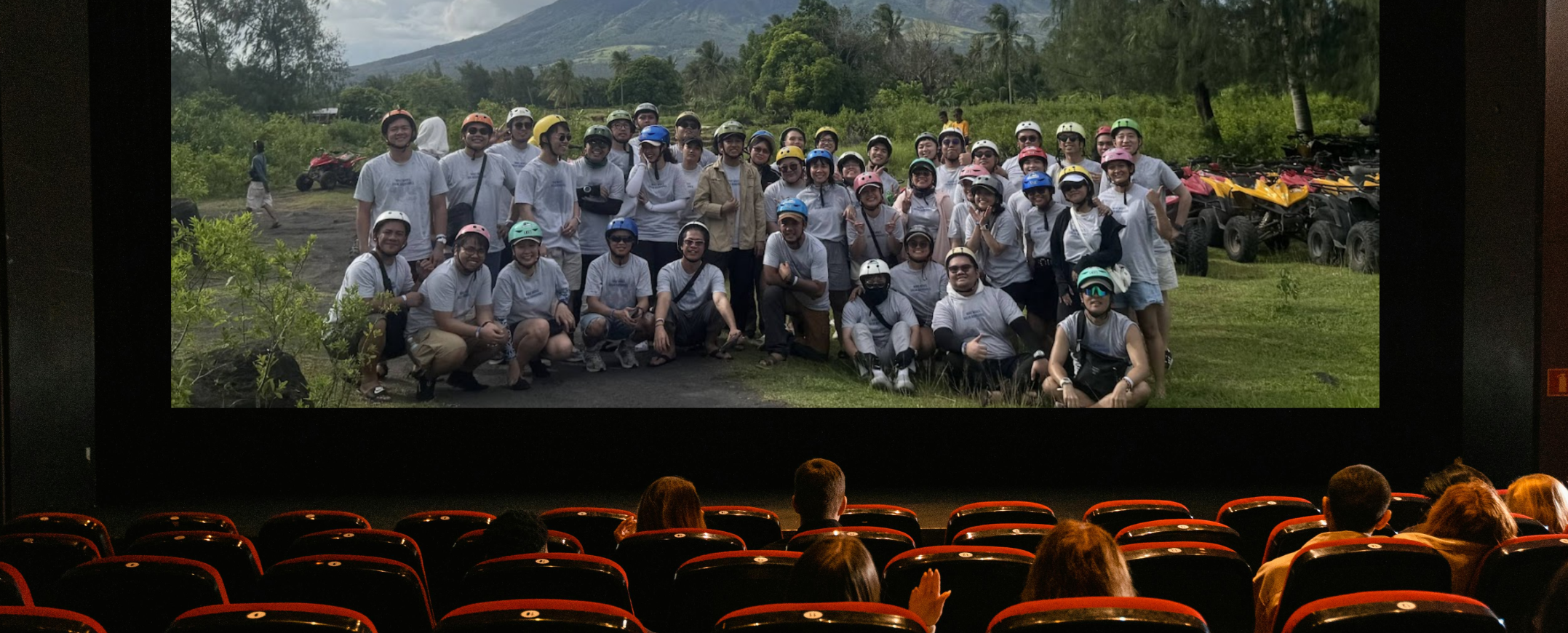
The Life of a Manlilikha
- TECH BLOG
- Keisha
There are three inevitabilities in a software engineer’s life: death, taxes, and the interview question, Why did you pursue software engineering? I remember being asked that question during my interview at Likha. It was so simple, yet I can vividly recall how it stopped me in my tracks. Why did I start coding in the first place? Why am I here? What was supposed to be a routine question quickly spiraled into an existential crisis. In the midst of an inner turmoil, I found space to reflect on my journey and to remember my purpose as a programmer.
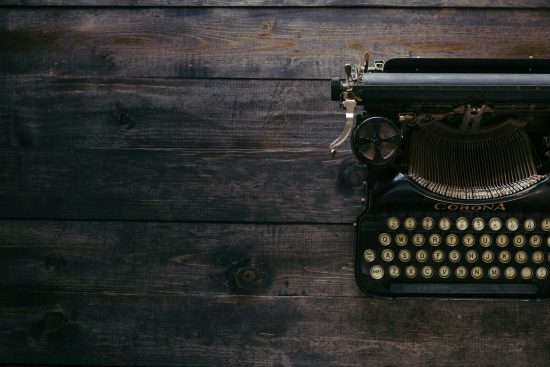
Computer science was not my first choice. If I were honest, this all started as a compromise. I wanted to please my parents’ STEM oriented mindset, where STEM equals rich and the arts equals poor. I don’t necessarily blame them for having such notions (though I disagree), but I also hated having to deal with such thinking. Engineering, medicine: noble as they are, these fields never clicked with me. All I really ever wanted was just to write. I wrote in just about any form: poems, screenplays, stage plays, and even fanfiction. I also liked writing short stories that are so mundane it can easily cure one’s insomnia. The thing is I am aware that I am not the best writer, but there was something about writing where I did not need to be the best. I reveled in simply breathing life into these stories and creating something that helps people feel seen or connected.
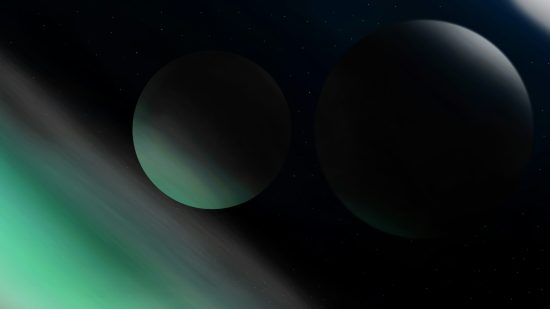
I pivoted to software engineering when I saw its similarities to creative writing. I remember my professor in my Object-Oriented Programming class telling us to treat these applications like a stage play. Every object is a character, and every module is a world of its own. When I learned how microservice architecture works, I started to further understand what my professor told me. Each service is like a character with its own backstory, responsibilities, and boundaries, yet all of them exist in the same universe, interacting in carefully designed ways to move the story forward. Just like in writing, coherence, clarity, and connection are everything. In the end, both creative writing and software engineering are about building worlds and crafting experiences that can make people feel something. The only difference is that in a stage play, the reward comes in the form of an applause. In software engineering, however, it comes in quieter ways; it is when someone uses what you’ve built, and you see it make their life just a little bit easier.
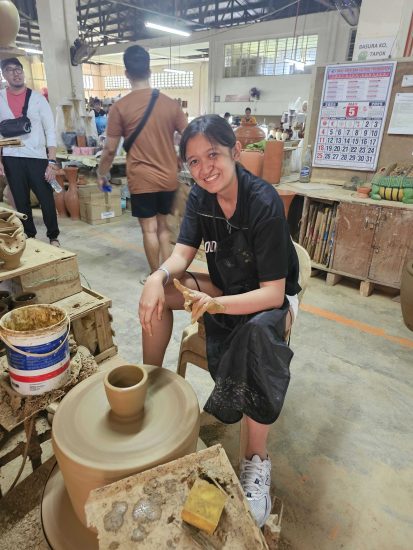
This is why I like the word likha, which eventually drew me to Likha-iT and freee. Likha is the Filipino word for create, which perfectly embodies what a software engineer does from a day to day basis. Software engineers create features everyday, big or small, to empower people’s lives. It is not just the name that makes Likha-iT and freee manifest the word likha, though. You can also see it in their philosophies. As I’ve said earlier, I am not the best writer, and sadly, I am not the best software engineer either. This is why I also like freee’s approach, which is to output then think. Even the best developers out there are unable to create something great everyday. Some days, things just don’t click and every piece of code you write feels like seeing coal instead of diamonds. When you encounter days like this, you just have to go ahead. Keep working on those ideas, no matter how crazy or nonsensical they are. The word, likha, after all possibly has roots to the word likhati, which means to scratch. What I’ve learned over the past few months here in Likha is that you just need to keep scratching the surface, again and again, even if you know that most of what you uncover won’t be gold. Trust that if you keep digging, something valuable will emerge.
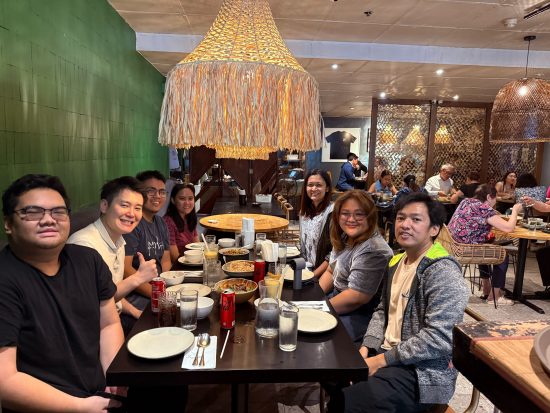
There will be times that digging through the surface will be tiring and demotivating. This is why it is important to have people around you to guide you when the ideas are not clicking. Throughout my stay in Likha, my teammates have been so supportive of me. I am grateful to be in a team who understands that failure is part of the creative process, and these setbacks should not necessarily define me. Whenever I am in a rut, I do not hesitate to ask for help from them. Our team has always ensured that no one gets left behind. Aside from their warm support, hearing their ideas and stories everyday inspires me to think outside the box. I have always believed that the environment you are in has a huge part in molding your ideas, which greatly affects how you create. I am lucky to be in an environment that pushes me to a better person, and a better creator.
At the end of the day, it boils down to finding your own space where you can feel alive while creating. I didn’t exactly find it right away, and what used to be a compromise is now my passion. Who knows, maybe you’re the opposite and you find the medical field as exciting as my parents did. If you ever feel out of place, remember that it’s never too late to seek out a space where you feel inspired. Finding an environment that supports your creativity and allows you to be your authentic self is what matters most, because the best work comes from feeling passionate and confident in where you create.

